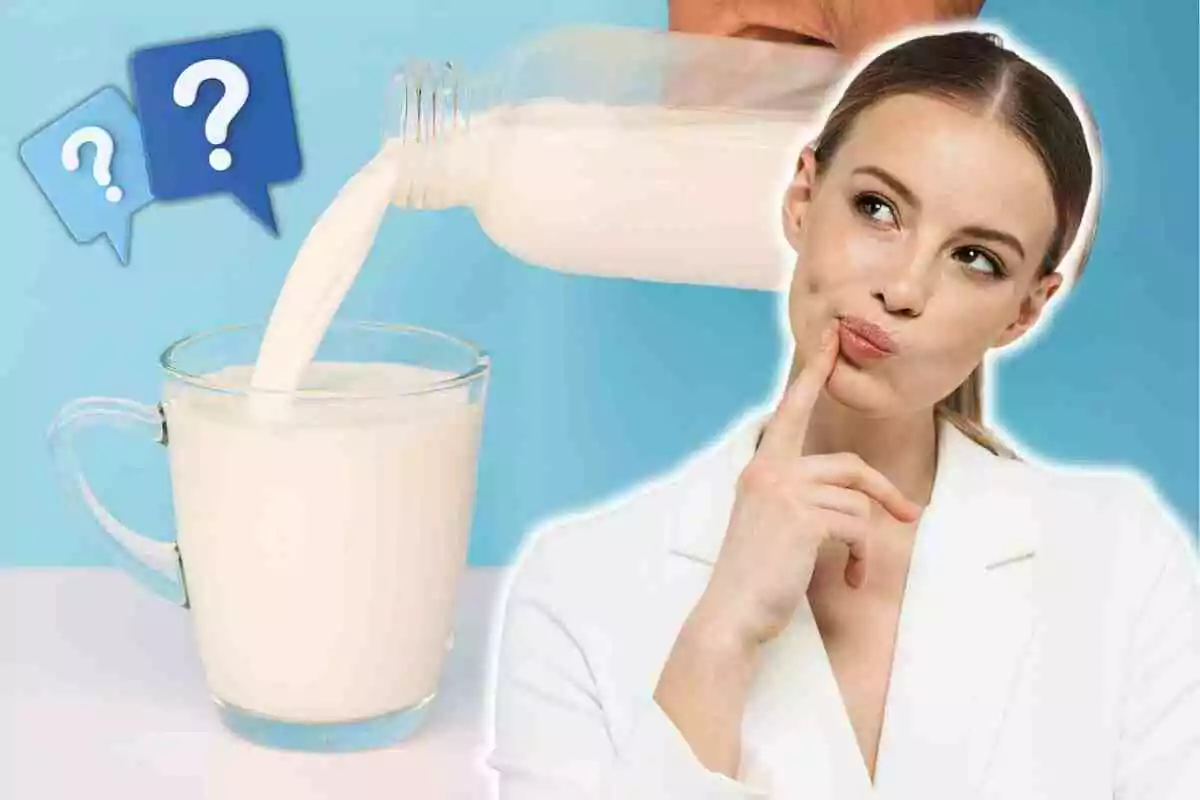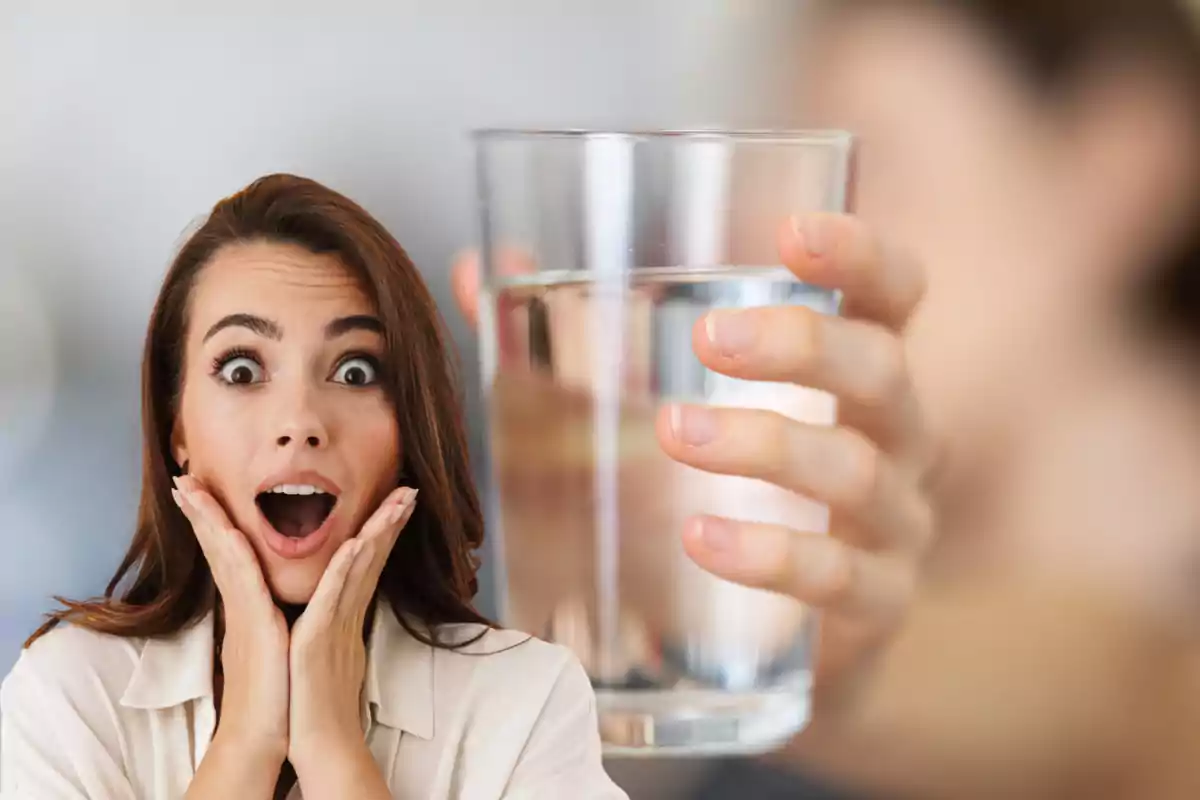When we're thirsty, the first thing we do is drink water; it's the most natural thing. However, recent research from University of St. Andrews in Scotland reveals something surprising: not all drinks hydrate the same way.
The study compared how different liquids affect the body's hydration levels. It turned out that some, although less common, keep water in the body for a longer time. This has to do with the composition of each drink and the way our body absorbs it.
Milk: more than just a dairy product
Among all the options, milk stood out as one of the most hydrating. Why? It contains a unique combination of lactose, proteins, fats, and sodium. This mix makes the liquid stay in the body longer, delaying urination.

Sodium in particular helps retain water, increasing hydration. That's why drinks designed for rehydration, such as oral solutions, work on a similar principle. While water is absorbed quickly, milk acts as a reservoir that releases liquids slowly.
Sugar, coffee, and alcohol: what you should know
Sugar can help or hinder hydration. In small amounts, it slows stomach emptying and helps keep liquids in the body. But when there's too much, as in sodas or very concentrated juices, it causes water to move into the bowels to dilute the sugar, reducing actual hydration.
Coffee does hydrate, but only moderately. One cup provides as much water as a regular glass, although too much caffeine can have a diuretic effect. Alcohol, on the other hand, is a diuretic.

Beer hydrates a bit better than hard liquors because it contains more water, but in general, alcoholic drinks increase fluid loss.
How to choose the best drink
To keep good daily hydration, it's helpful to know your options:
- Water: still excellent and calorie-free.
- Milk and oral rehydration drinks: ideal for hydrating for a longer time.
- Sugary drinks: less effective and with extra calories; they should be limited.
- Coffee and tea: fine in moderation, avoiding excess caffeine.
- Alcohol: beer hydrates more than hard liquors, but always in moderation.
Besides drinking liquids, keeping hydrated helps lubricate the joints, transport nutrients, support kidney function, and keep skin healthy. Listening to your body's signals is still key: if you're thirsty, drink, but choose what really gives you hydration.
The next time you're thirsty, remember: not everything that seems like a refreshing liquid hydrates the same way. Choosing the right drink can make a difference in how you feel throughout the day.

